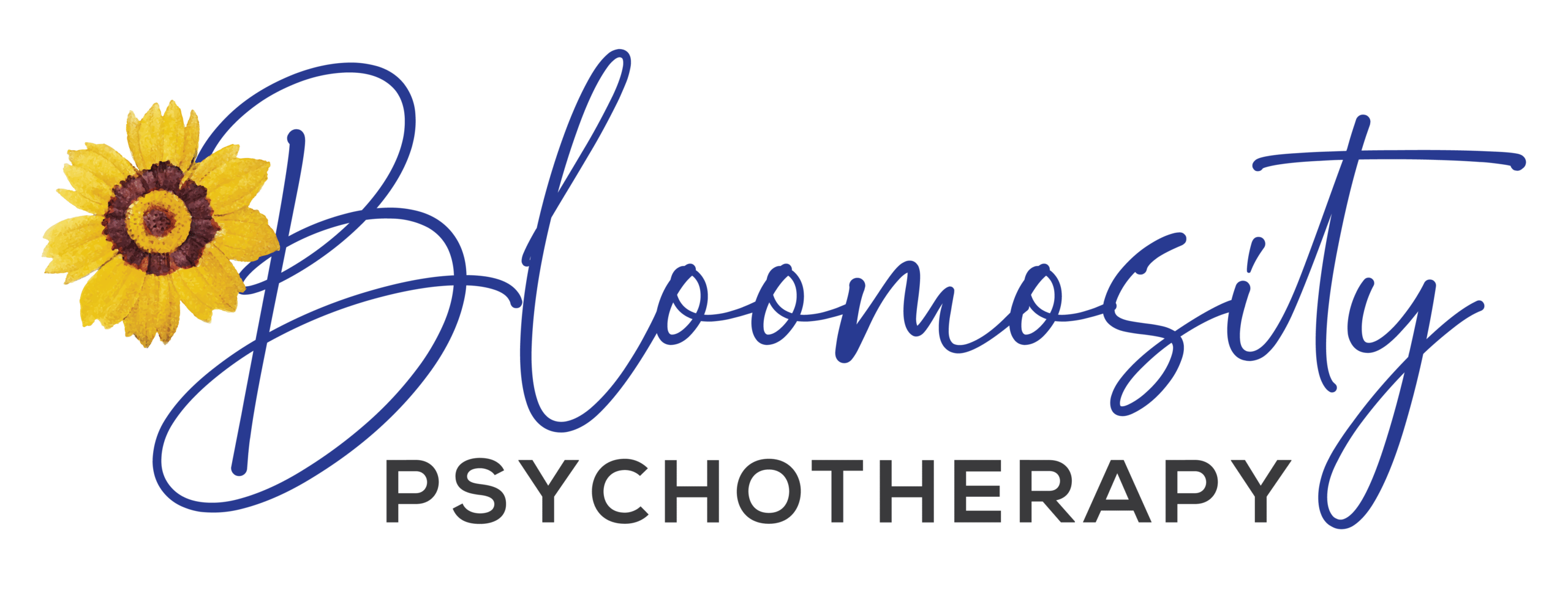Trauma
How Bloomosity Can Help
As a trauma-informed therapist, Charlene provides compassionate support to help you get past troubling events. Often, we may not even realize that the distress we are experiencing today resides in our unresolved trauma. We just know that something is not right.
Charlene will create a safe, non-judgmental environment for you to share your experiences. Together, we will practice skills to help you self-regulate such as mindfulness and breathing techniques. We will work on the thoughts and behaviours that you’ve used to cope with the trauma you’ve experienced.
Together, we will explore the parts of you that need healing from the wounds that trauma has left. This may involve body sensing and guided meditation to process the trauma and heal younger parts of you that experienced the trauma.
If the traumatic event occurred more recently, we’ll work towards relieving intrusive thoughts or feelings of insecurity and fear that may arise.
About Trauma
Trauma is a term used to describe the challenging emotional consequences that living through a distressing event can have for an individual. Traumatic events can be difficult to define because the same event may be more traumatic for some people than for others.
However, traumatic events experienced early in life, such as abuse, neglect, and disrupted attachment, can often be devastating. Equally challenging can be later life experiences that are out of one’s control, such as a serious accident, being the victim of violence, living through a natural disaster or war, or sudden unexpected loss.
Possible Signs of Trauma
If you’ve experienced trauma, it’s possible that you might not think of yourself as being traumatized. There may be coping mechanisms that you’ve unconsciously put in place to help with the underlying feelings of not being safe.
You might think “it was rough growing up, but other people had it much worse than me…mom and dad did the best they could”. Many people living with past trauma are afraid of talking about their experience or feel too ashamed to share with others what happened to them.
Even when you’re in a safe environment, you could feel inexplicable emotional pain, confusing emotional overreactions, flashbacks or feel constantly on guard for danger or ‘something bad’ happening to us.
Some other possible signs of trauma include:
- Difficulty trusting oneself and others
- Unhealthy relationships
- Difficulty with sleep
- Feeling “out of touch” or distracted
- Depression and hopelessness
- Anger
- Self-harm
- Addictive behaviours
- Difficulty saying “no” to other people
- Easily irritated or stressed
Psychotherapy Can Help
When you work with a trauma-informed psychotherapist, the aim of therapy will be to help you feel:
- liberated and free from the troubling event(s)
- relaxed, at peace, and more rested after sleep
- more alive, stronger, and more confident
- more connected to the world and to loved ones.
